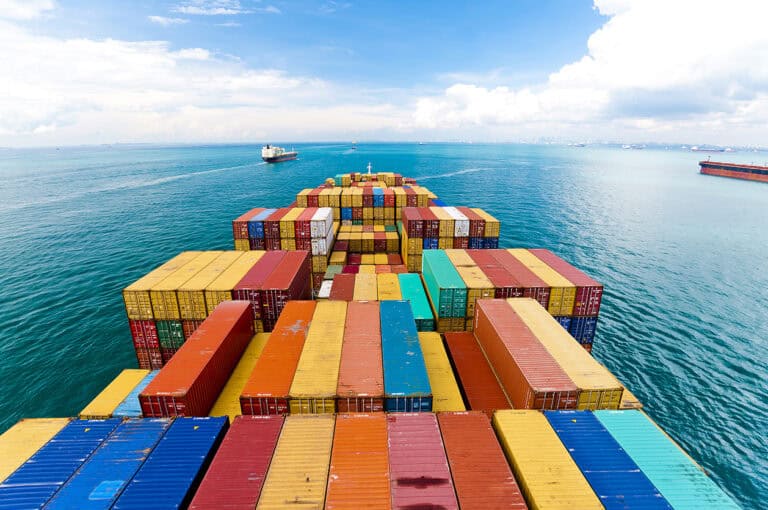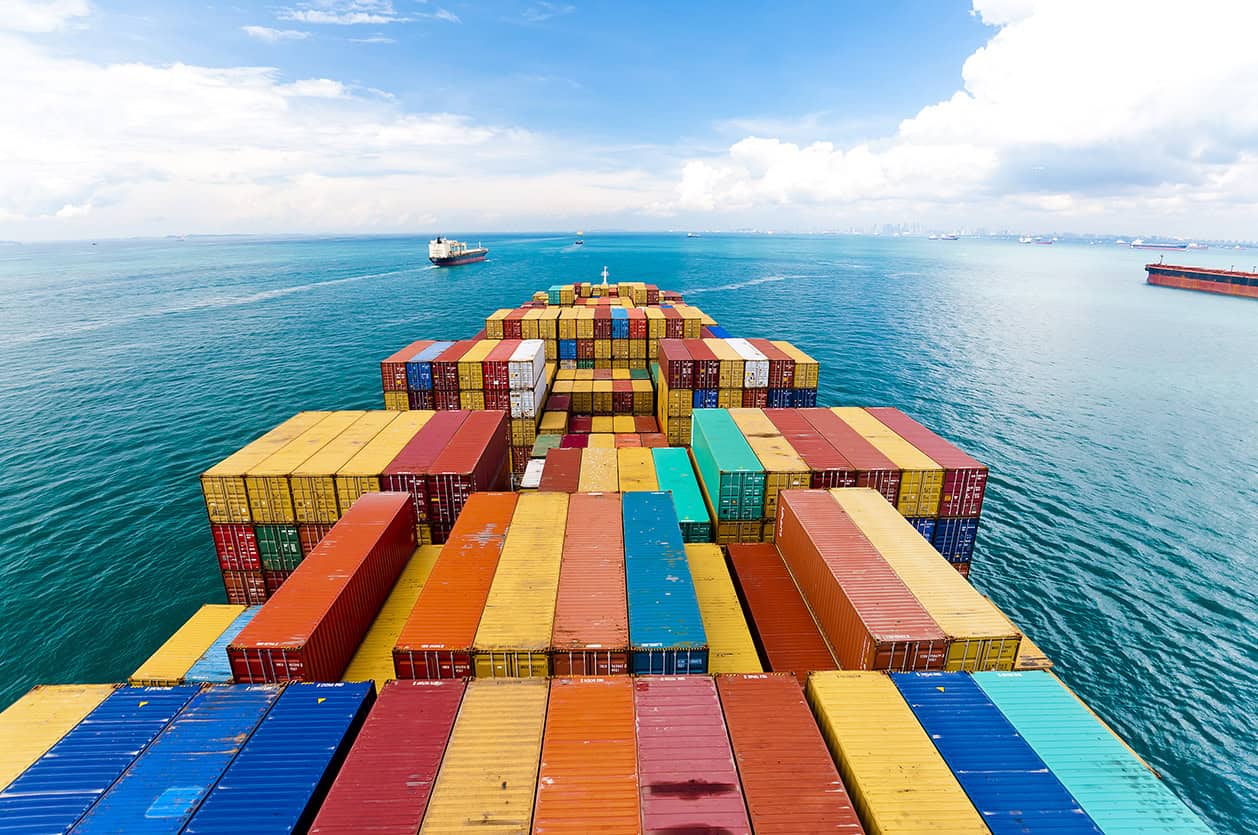
Managing US export control programs is not for the faint of heart. New and emerging threats to US foreign policy and national security goals increase the risk of a sanctions penalty. As a result, companies must be able to demonstrate due diligence with a reliable screening process to avoid steep non-compliance penalties.
The Office of Foreign Assets Control (OFAC) of the US Department of Treasury enforces compliance through sanctions. While comprehensive sanctions block virtually all trade with a specific country, selective sanctions target specific individuals, sectors, and/or activities without a total ban on trade with and investment in the country. Targeted action by OFAC is continuous, increasing the possibility of non-compliance for companies that manually complete due diligence screenings. However, automated due diligence checks with a global trade software application significantly decrease the risk of errors and can quickly analyze large volumes of real-time data to identify restricted parties.
OFAC guidelines for sanctions compliance: the five key pillars
OFAC has long provided guidance on the components of an effective sanctions compliance program (SCP) built on five key pillars that apply to organizations within US jurisdiction, those using US-origin goods and services, and foreign entities operating in or with the US.
These five essential components include:
- Management commitment
- Risk assessment
- Internal controls
- Testing and auditing
- Training
Many firms have adopted these pillars as the cornerstone of their sanctions compliance program (SCP). Nevertheless, across industries, the OFAC and Treasury Department penalty cases from previous years continually point out flaws in implementing and maintaining these SCP that led to costly fines and penalties.
How to Strengthen Your Sanctions Compliance Program
Any business today could encounter an atmosphere of non-compliance. Firms can benefit from using penalty cases as instructive to review their own programs and conduct an internal review to rebalance their approach to managing these complex issues.
You can strengthen your own firm’s SCP by:
- Reviewing and monitoring penalty cases within your industry. OFAC sanction enforcement against other companies in previous years may help inform whether your company’s parallel activities might also be susceptible to penalty action.
- Hiring and training internal experts with a strong knowledge of regulatory requirements, the ability to delegate authority across the organization, and coordination with other compliance officers about the company’s approach to sanctions compliance. Different regulatory interpretations and a failure to communicate and discuss alternative conclusions can lead to disparate responses to the same sanctions issues.
- Develop a plan of action for auditors and employees when violation risks are identified. Suppose companies give all employees the knowledge and autonomy to report potential violations to the Compliance Manager or in-house General Counsel. In that case, it leads to a stronger compliance effort and enhances the probability that senior management is aware of organizational risks.
- Ensuring all internal controls and operating procedures are regularly applied. Contracts across the organization should be regularly reviewed to ensure consistent terms and conditions safeguard the company. This includes ensuring your business partners certify their own activities as compliant with OFAC and other trade agency regulations.
- Never trust; always verify through auditing programs to check for inconsistencies in your company’s day-to-day operations. The best SCP programs include both internal and external audits, are directly accountable to senior management, and remain independent of transactional audits conducted by other levels of the organization. This check and balance approach ensures risks are identified and immediately addressed to limit the impact of any ongoing non-compliant activity.
- Voluntarily disclosing violations and following up with a comprehensive compliance improvement plan that addresses the current and future risks of the organization. Threats to national security are serious business. But a firm’s ability to identify and self-report errors and work to correct them can help mitigate more serious outcomes.
- Automating screening for denied parties by leveraging software such as e2open’s Due Diligence Screening capabilities against OFAC’s 50% ownership rule and checking against similar regulatory requirements. Ensure the screening is comprehensive against all systems utilized by your firm.
- Expanding your SCP program across your entire supply chain. Due diligence requires a comprehensive, collaborative approach to managing compliance with all business partners within your global network. Contractual obligations, business partner certifications, and rigorous auditing of these requirements collectively constitute a cornerstone to managing your international risks.
- Ensure you have a training program to explain sanctions programs and their implications. Simplified versions of such instruction can be provided to staff so that they gain basic familiarity with areas that present potential pitfalls for your business. Please encourage them to ask questions or report prohibited or restricted conduct under a particular sanctions program.
- Maintaining access to an accurate trade regulation database, such as Global Knowledge®, to gain real-time visibility into any legislation changes that may impact your business. E2open’s Import and Export Management applications integrate with this database to automate compliance verification and screen restricted party lists, allowing your products to clear borders quickly.
- Emphasizing to your employees that restrictions also apply to their business and personal conduct in a third country. Such conduct may be violative of US sanctions programs and often is attributable to their employer.
Connect insight to action!
Companies must remain diligent in developing a culture of compliance whereby all employees have the authority to report actions that may represent a risk in the export transaction. Once reported, internal audits should identify the non-compliant activity and include a root-cause analysis to prevent a future incident from occurring. OFAC compliance is achievable when all the pillars of the OFAC framework for compliance are fully in effect to avoid threats to your international business and address any anomalies that may occur.
How e2open can help your company trade confidently
With many businesses sourcing from overseas to reduce costs and grow revenue, it’s important to maintain a holistic, integrated approach that allows for visibility across the supply chain. E2open’s connected network leverages global trade technology to automate regulatory compliance and documentation across all tiers in your supplier network, minimizing manual processes and risks associated with non-compliance. To learn more about what e2open can do for your company, please visit our website.







